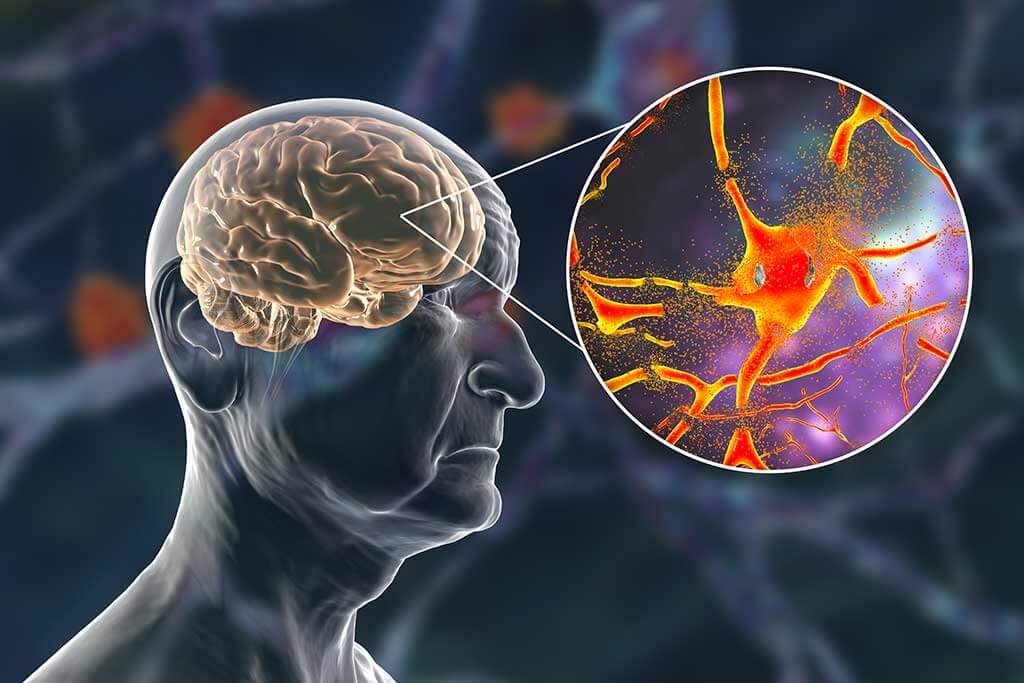Memory loss in older adults is a prevalent issue. Clinicians and patients alike are frequently concerned that memory loss signals the onset of dementia. Such worry stems from the widely-held belief that memory loss is generally the first indication of dementia. However, most memory loss does not indicate the start of dementia.
Common Causes of Memory Loss
- Memory loss connected with aging
- Mild cognitive dysfunction
- Dementia
- Delirium
Age-Associated Memory Impairment
The term “age-related memory impairment” refers to the deterioration of memory that comes with age. It takes longer for persons with this disease to establish new memories and acquire new complicated knowledge and tasks.
Age-related memory loss causes frequent forgetfulness. Patients with this illness can generally ponder and answer questions given enough time, demonstrating that their memory and cognitive abilities are intact.
Mild Cognitive Impairment
Patients with mild cognitive problems show genuine memory loss instead of the occasionally delayed memory retrieval from largely maintained memory stores—observed in age-matched controls. However, poor memory is mainly affected by severe cognitive deficits.
Patients often have difficulty recalling recent discussions, the positioning of frequently used things, and meetings. Nevertheless, memory for distant events, as well as vigilance, is usually intact.
Depression
Dementia patients frequently suffer from depression, resulting in memory loss that mimics dementia (pseudodementia) and is treated with medication or psychotherapy.
Dementia is seldom reversible with specialized medication (e.g., supplementary vitamin B12, thyroid hormone replacement, shunting for normal pressure hydrocephalus), and patients suffering from memory loss can be given supportive care.
Dementia
Dementia patients experience memory loss as well as behavioral and cognitive impairment. For example, individuals may struggle to identify words or name items (aphasia), perform previously acquired physical actions (apraxia), or plan and organize daily tasks like meals, shopping, and paying bills (impaired executive function). Their personality may also shift—become furious, worried, agitated, or rigid.
Delirium
Delirium is a severe condition of confusion induced by acute illness, effects of drug consumption, or drug withdrawal.
Patients with this condition have poor memory, although the significant reason is frequently severe, unpredictable global changes in mental state and cognitive dysfunction, rather than memory impairment.
Memory Loss Treatment
Patients suffering from age-related memory loss should be comforted. Many health-related interventions are frequently advocated to reduce the chances of dementia.
Non-anticholinergic antidepressants, ideally serotonin reuptake inhibitors SSRIs, should be used to treat patients with memory loss and indications of depression.
It’s also essential to note that you can also resolve memory loss similarly to depression.
Find a Senior Living Community for Your Loved Ones
Rittenhouse Village At Valparaiso is an ideal place if your loved one needs memory care or supported accommodation. We offer a one-of-a-kind living experience that includes everything you could require now or in the long term in one convenient location.
If you need more information on the senior living community services we offer, please contact us through our website, and we’ll do our best to respond to your query.







